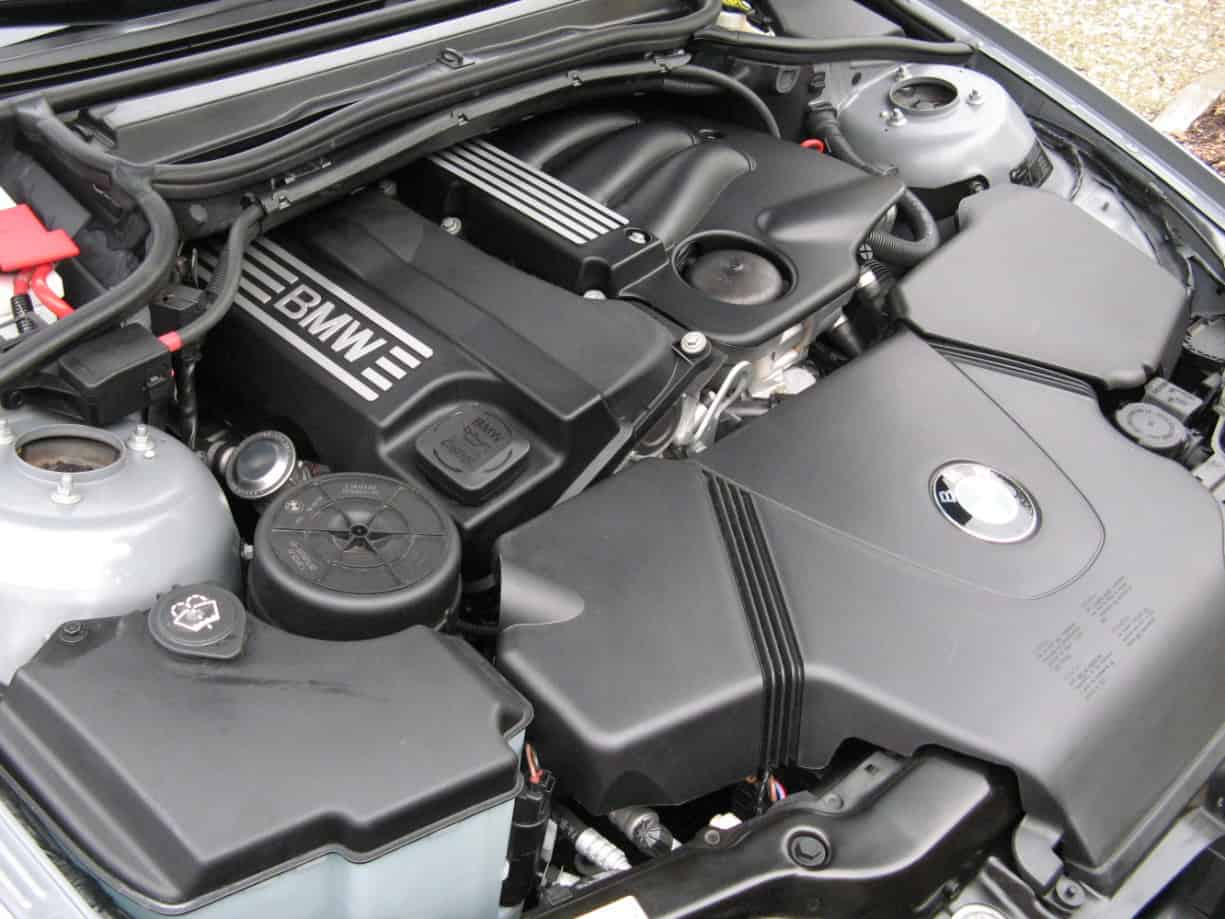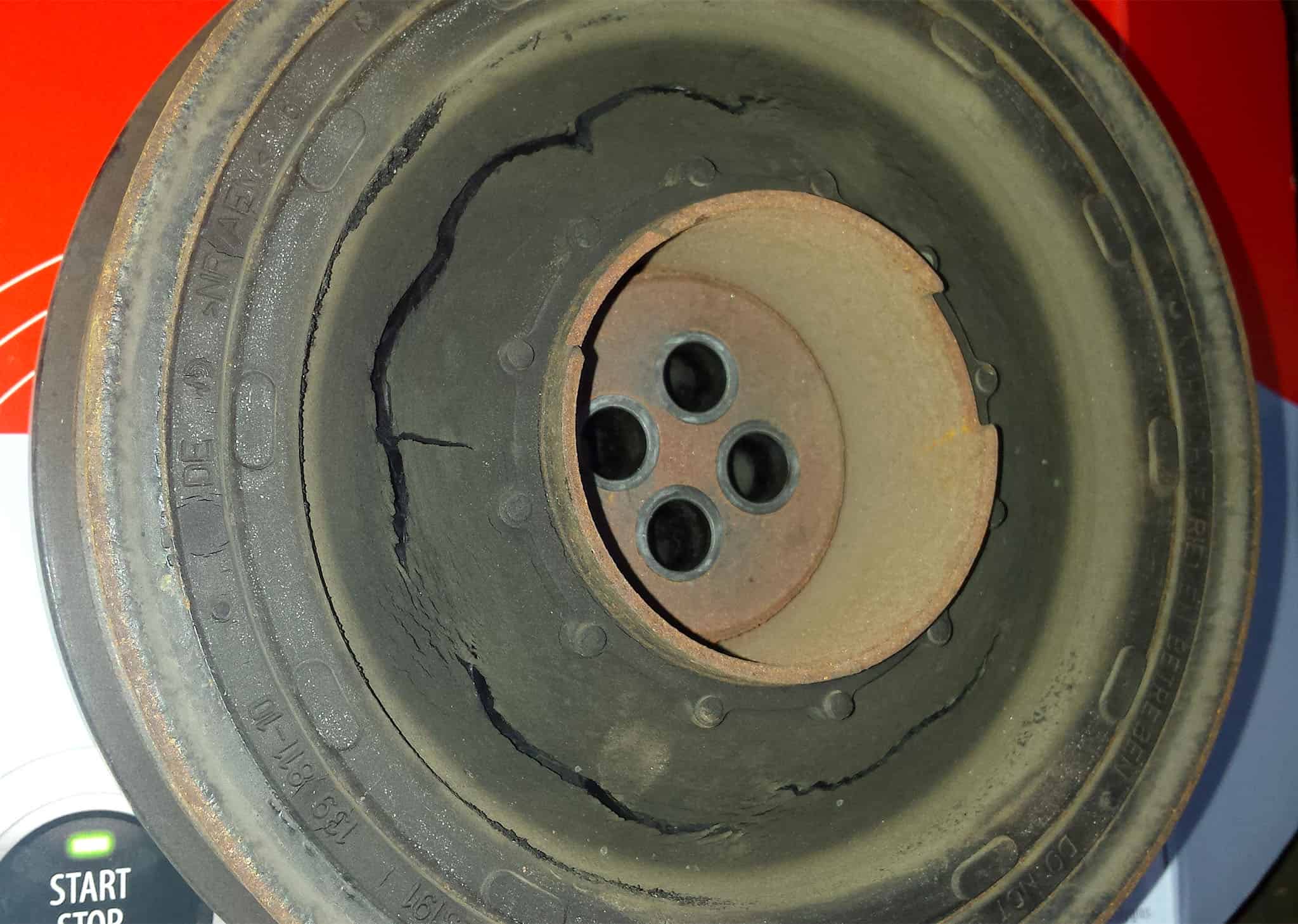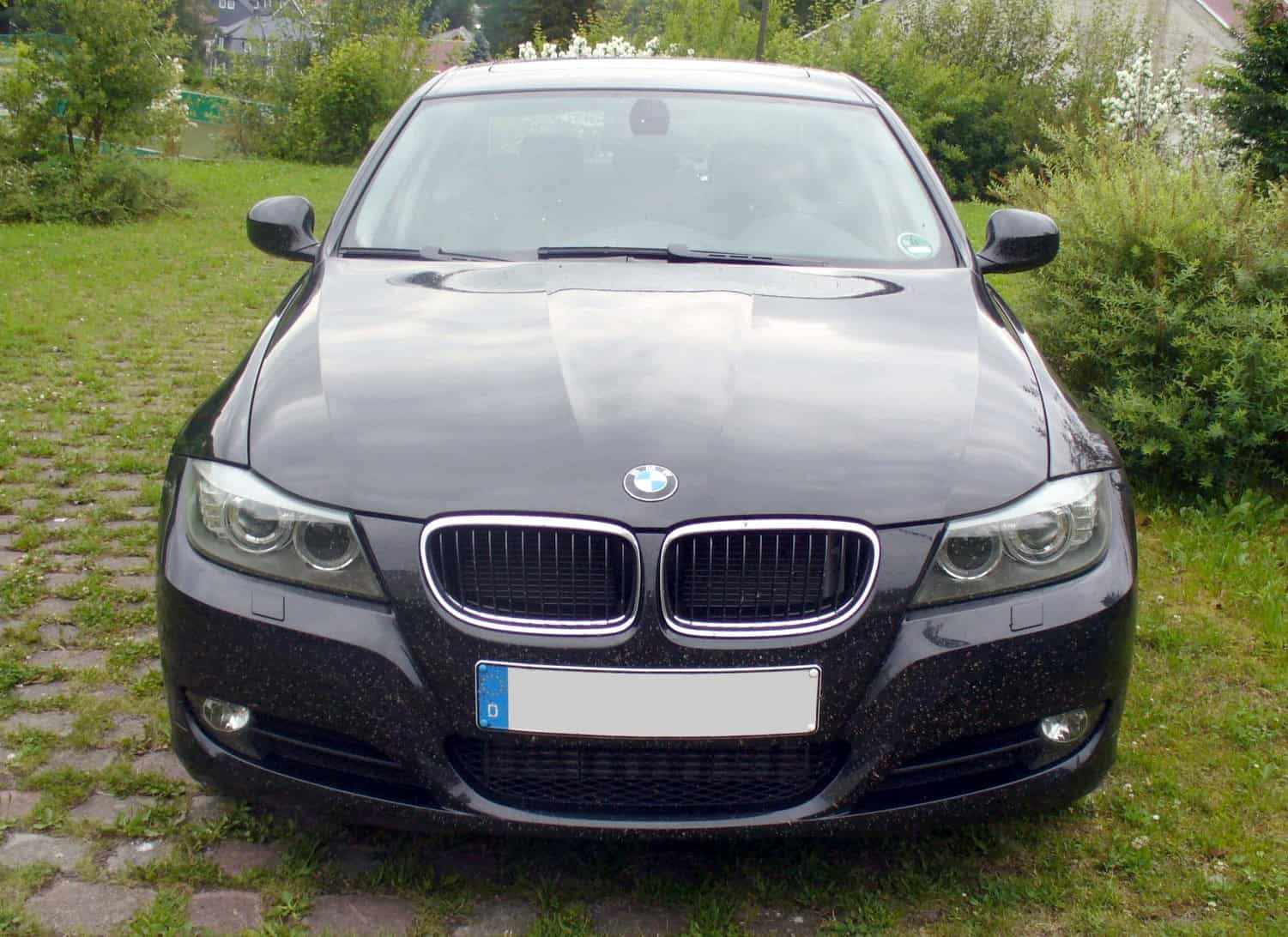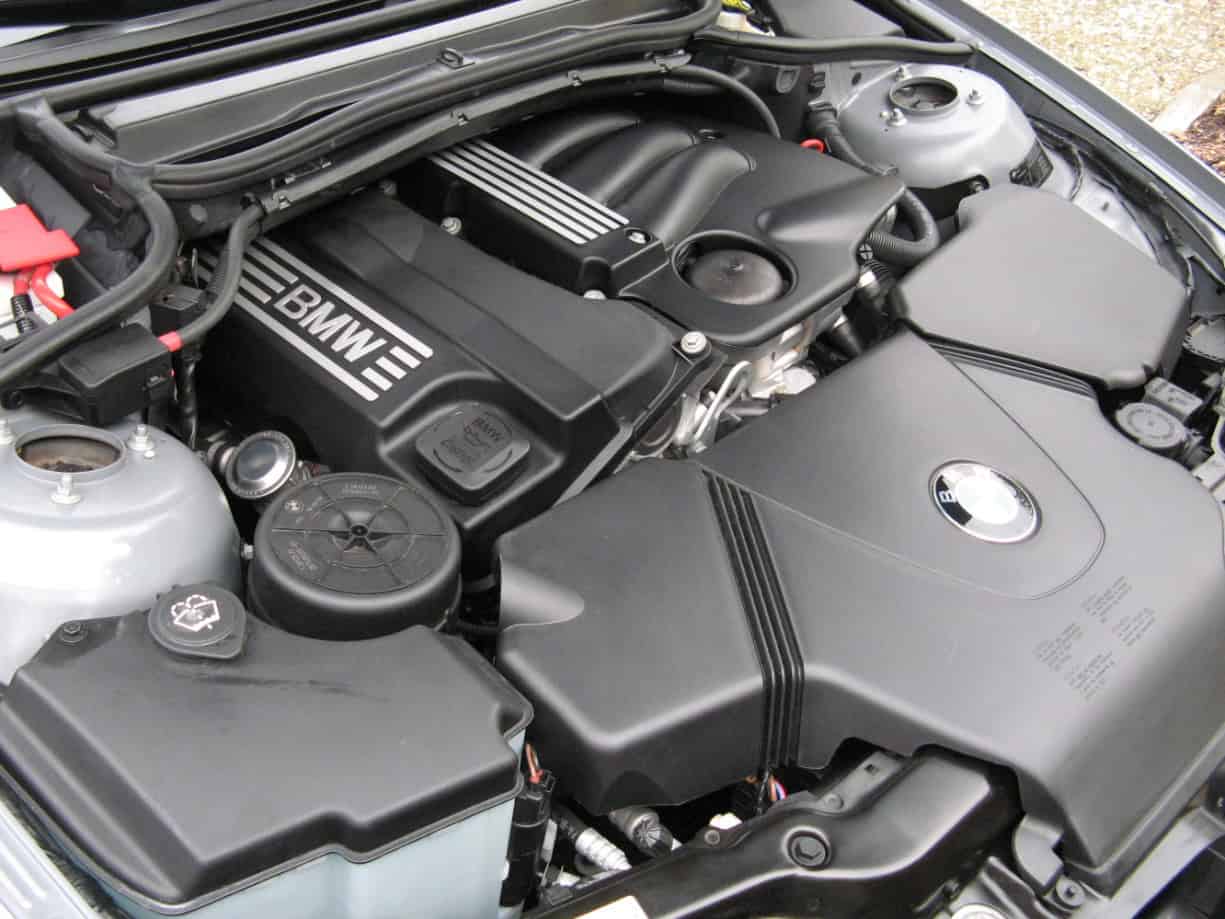The problem of misfiring ignitions in BMW - how to fix it?
My car on a cold engine at idle vibrates, and the revs drop gently below 800. The whole car shakes, as well as the stick....

BMW driver's question - why do I have uneven engine operation?
My car on a cold engine at idle vibrates, and the revs drop gently below 800. The whole car trembles, as well as the gear stick. After driving about a kilometer, the car when it warms up a bit, starts to run evenly. The engine icon lights up.
Sometimes even after the car has warmed up, there are brief moments when the car begins to tremble at idle, but the engine seems to "hit" the revs on its own and nullifies this effect. Then the engine runs smoothly. In the car is replaced complete timing, camshaft sensors, flow meter, 4 plugs, 4 coils. In addition, the pulley is in good condition, the cushions under the engine are dry, the box cushion is also OK. The first lambda probe is replaced with a new original Bosch one. The second one is used. The Valvetronic and the intermediate shaft are replaced. Also new are rings, pan, oil pump, oil pressure is normal. The catalytic converter has also been replaced with a new one. The diagnostics show errors for both lambda probes, the auxiliary water pump and the ACU sensor, and the serial data interface bit.
What could be the cause of these technical problems?
The problem occurred on the BMW 3 E90, but may also occur on other models.

BM Cars service response - reasons for misfiring ignitions in BMW
The described symptoms of engine behavior - shuddering/unbalanced operation and a check engine light appearing with a diagnosed lambda probe error - may suggest a problem of misfiring. However, we do not have enough diagnostic data to confirm this.
Replacing spark plugs and coils alone will not solve the situation. Fuel injectors were also a common problem in N46 engines. Their malfunction led to random misfiring and consequent erratic engine operation. After warming up, the problem sometimes disappeared. In cases of significant damage to the injectors, the problem on a warmed-up engine could become even worse, causing a lack of power and sometimes engine stalling at idle. We also don't know if this car is additionally equipped with an LPG system, which often interferes with gasoline injectors and leads to their early wear.
Also puzzling is the enormous amount of very expensive work already done to this vehicle. What was the purpose and reason for performing them? Were the replacements of components particularly important for the engine's operation such as the timing gear, intermediate shaft, piston rings done in accordance with BMW's service documentation and using new parts? What was the original condition of the engine before the aforementioned work began?
Repair recommendations according to BM Cars
- Full diagnostics of the injection system and possible inspection of the injectors on a test bench. Replacement of injectors, if necessary.
- Verification of the operation of lambda probes, including measurement of their resistance and signals sent. If necessary, replacement of probes.
- Verification of the installation of DME - lambda probes. If necessary, repair of the installation and repair or replacement of the engine controller.
- Deeper analysis of errors obtained by computer diagnostics. We do not know what the term "serial data interface bit" means.
- Compression measurement along with oil test. If there is a difference of more than 20% between cylinders, it is necessary to undertake engine repair or replacement.
As always, we can do all of the above at our service center.

Other BMW tips related to the topics covered
- Ignition and battery problems in BMW - how to fix it?
- Freshly replaced DPF in BMW, clogged again in a short time - what is the reason?
- Ignition problems in MINI R56 - how to fix them?
- Engine speed waviness at idle in a BMW - how to fix it?
- Steering wheel vibration under braking in BMW - what is the reason and how to fix it?

Read more tips and ask your own question




